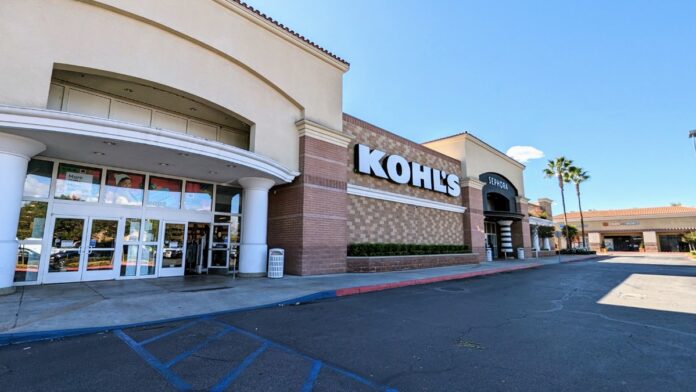Kohl’s, the Wisconsin-based retail giant, is set to close 27 underperforming stores by April 2025, along with its San Bernardino e-commerce fulfillment center, in May.
These Kohl’s store closures are part of a broader effort to combat falling sales and adapt to evolving retail trends.
The closures include stores in 14 states, such as California, Pennsylvania, and Illinois. So, many communities are feeling the impact.
Stores in Bucks County, Pennsylvania—including popular locations like Bensalem and Doylestown—will remain open, which will come as a relief to local shoppers who were concerned about the Bucks County store closing.
The fulfillment center in San Bernardino, California, has operated since 2010 but will shut its doors as Kohl’s transitions to fulfilling orders through existing store locations.
Employees at all closing locations will be offered severance packages or the opportunity to apply for other roles within the company.
Kohl’s financial struggles are evident. The retailer reported a nearly 9% drop in third-quarter sales for 2024 compared to the prior year, generating $3.5 billion in revenue.
Net income also fell to $22 million, down from $59 million in 2023. Over the past year, the company’s shares have dropped more than 50%.
The retail sector as a whole has faced widespread challenges, with over 7,100 stores closing in 2024—a 69% increase from the year before, according to CoreSight Research.
Many large chains, like Macy’s, have also announced store closures, emphasizing the tough environment for brick-and-mortar retailers.
Kohl’s leadership is in transition, with current CEO Tom Kingsbury stepping down on January 15, 2025.
Ashley Buchanan, formerly of Michaels Companies, will take over as CEO, while Kingsbury will remain an advisor and board member until his retirement in May.
Despite these closures, Kohl’s will continue operating over 1,120 stores nationwide.
While stores closing in 2025 will have a significant impact, Kohl’s hopes its strategy will position the company for future success.


